Shop closed: online orders only
NMN Clinical Trials and Results
Introduction to NMN (nicotinamide mononucleotide)
Recent global efforts have indicated that vitamins, single nutrients, and natural substances hold great promise for anti-aging and overall health improvement. Specifically, nicotinamide mononucleotide (NMN) has garnered significant attention in recent years due to its potential beneficial effects on human health and longevity.
Findings from NMN Clinical Trials
To understand the efficacy (and also safety) of NMN, many scientific studies have been launched all over the world. These studies encompass a variety of findings related to human health - everything from insulin sensitivity to physical endurance. But what happens when you give it to people? Let's examine some recent or ongoing trials involving this purported 'anti-aging' molecule. Completed trials offer some interesting possibilities for human health. As we dig into what those trials found - and search for cures for age-related diseases - we'll highlight key findings from a half-dozen or so completed human clinical trials as well as ongoing ones. Numerous ongoing clinical trials aim to delve deeper into the potential benefits of NMN, a molecule that may significantly impact healthier aging processes.
Researchers are currently exploring its roles in muscular strength and age-related diseases like Alzheimer's and cardiovascular conditions, and other conditions. These Ongoing NMN clinical trials signify a global interest in understanding how NMN might contribute to these processes. On the National Institutes of Health's clinical trials database, you can find many clinical trials either underway or recently completed that involve NMN, a derivative of niacin that holds great promise for many age-related health conditions.
Studying human participants at higher risk for age-related diseases is crucial if we want to find out whether or not NMN works. There are lots of variables when it comes to human anatomy and disease syndromes, so considering those variables lets us better understand what various research teams are finding.
If cell senescence Is a driving force behind age-related diseases, we might be able to find ways to slow down those processes either through pre-symptomatic intervention or post-diagnosis treatments. This certainly seems possible given the findings to date.
The long-term effects of any supplemental intervention, including NMN, remain largely unknown. Like any other supplement, potential long-term risks for NMN are a major concern because we don't know what might happen when it's used for an extended period of several years.
Animal studies have proved promising and indicate that NMN might be capable of dramatically extending the human lifespan. However these animal studies aren't directly applicable to humans, and they don't address the concept of using NMN as a daily supplement.
Future NMN Research
Research yielding NMN clinical trial results is ongoing in the hope that new therapeutic applications for NMN can be uncovered. An area that has recently been talked about concerning this molecule is longevity enhancement, and it's interesting because we're often reminded how much our lifespan has increased over the past century or so. Increasing life expectancy and living a healthy, fulfilling life has got to be a good thing.
When it comes to purchasing high-quality NMN powder at a reasonable price, where do you go? One reliable and affordable option is our good selves here at LifePowders.
Disclaimer
This content was created from multiple sources. We try to check that the information is accurate, but we can not verify it so you must do your research before purchasing products on this website. For more information, see: Terms and Conditions
To view the main section on this topic for more information, see: here


